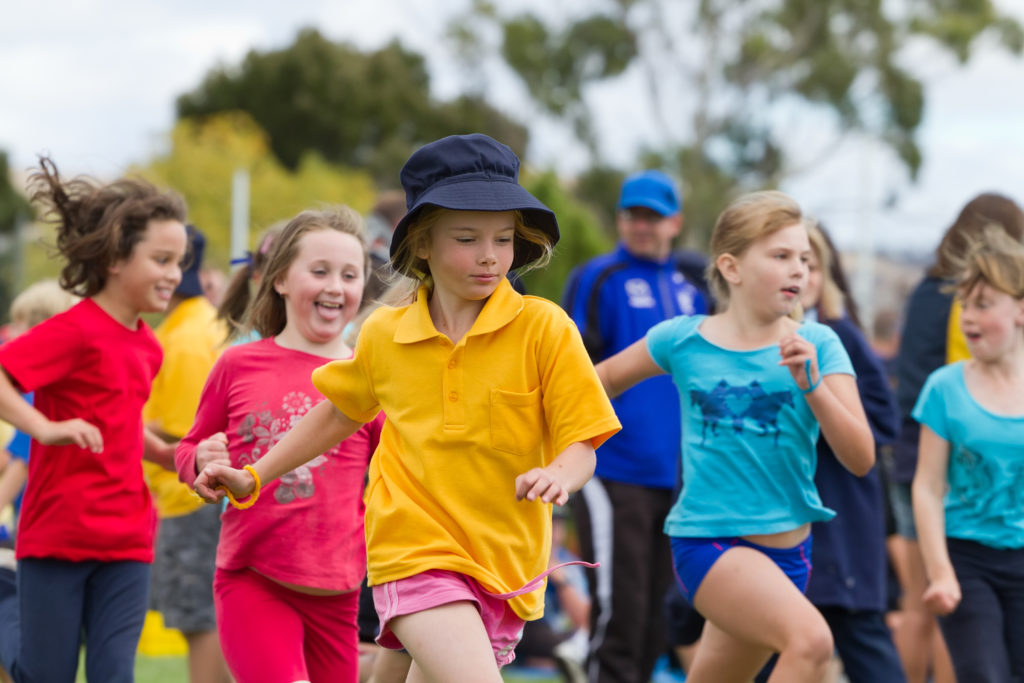Quick Hits
Daily brief research updates from the cognitive sciences

I always find these long-term studies fascinating. Imagine launching study and not knowing what the outcomes will be for another 30 years!
This is precisely what this study did. It measured children in 1985 and now the researchers at the Monash University in Australia have analysed the data over a 30-year period.
What did they find?
Well, as the title suggest it found some interesting correlations. 1’200 children between the ages of 7 and 15 were measured on various aspects of fitness: fitness (cardiorespiratory, muscular power, muscular endurance). In addition, their obesity, or rather thier waist-to-hip ratio, was measured.
There was then follow up assessments on psychomotor speed-attention, and various cognitive functions at three different time points.
They found that higher physical fitness and lower obesity in childhood had better scores on processing speed and attention, as well as in global cognitive function. Of note is that cognitive functions in mid-life are also associated with risk of dementia in later life.
This shows that fitness as a child leaves life-lasting benefits. This is not the only study to note this I have also reported on the healthier brains and better brain circuits that seem to last a lifetime in children who exercise.
So, if you have kids – make sure they get their exercises. If you are a kid get some exercise. If you are already an adult – well, you might not reap the full benefits of childhood exercise, but exercise is still very good for many things as I reviewed here, and even the simplest exercise of all, walking, has amazing benefits●

Andy Habermacher
Andy is author of leading brains Review, Neuroleadership, and multiple other books. He has been intensively involved in writing and research into neuroleadership and is considered one of Europe’s leading experts. He is also a well-known public speaker speaking on the brain and human behaviour.
Andy is also a masters athlete (middle distance running) and competes regularly at international competitions (and holds a few national records in his age category).
Reference
Jamie L. Tait, Taya A. Collyer, Seana L. Gall, Costan G. Magnussen, Alison J. Venn, Terence Dwyer, Brooklyn J. Fraser, Chris Moran, Velandai K. Srikanth, Michele L. Callisaya.
Longitudinal associations of childhood fitness and obesity profiles with midlife cognitive function: an Australian cohort study.
Journal of Science and Medicine in Sport, 2022
DOI: 10.1016/j.jsams.2022.05.009
More Quick Hits
Brain Scans Can Predict Your Political Affiliation
Quick HitsDaily brief research updates from the cognitive sciences rain scanning of political partisans is not new and it has long been reported that brain scans can predict political affiliation. But those studies were scans of political partisans...
Children with Same-Sex Parents Are Socially Well-Adjusted
Quick HitDaily brief research updates from the cognitive sciences his is not the first study to report that children of same-sex parents are well adjusted, there are plenty, but it is one of the first to be representative and hence gives some...
Simple Exposure to New Things Makes Your Brain Ready to Learn
ouldn’t it be great if we could learn things with no effort? Well, actually we often do, and children learn vast quantities of information, and knowledge with little to no effort – think of how well we learn languages which become fiendishly...
So, Can Cranberries Improve Memory?
tend to be hesitant to report on studies of single foods doing amazing things (because many do), but this piece of research still caught my eye. So, what did this group of researchers from the University of East Anglia find? Well, they...
The Real Problem with Social Media: It Induces Dissociative States
Quick HitsDaily brief research updates from the cognitive sciences ocial media seems to hijack our brains – or at least according to popular narratives. Most of us have experienced this where you get stuck in an endless stream of content,...
Adventurous Play Boosts Mental Resilience in Kids
o, a simple cheap way to help your kids improve all life skills and strengthen mental wellbeing. Too good to be true? Well, this piece of research, just out, finds a fascinating correlation with mental health and kids. This correlation was...






